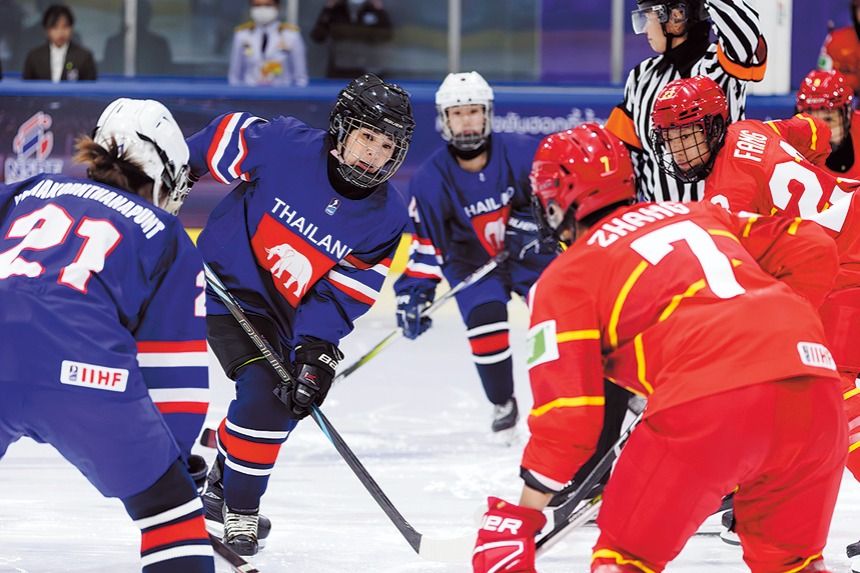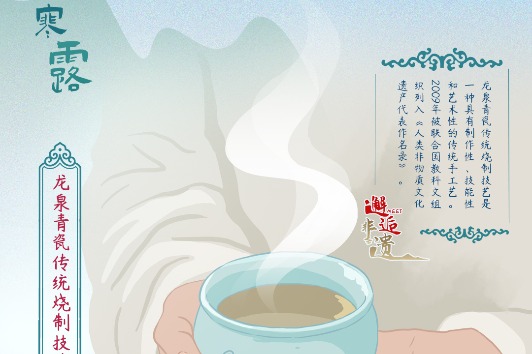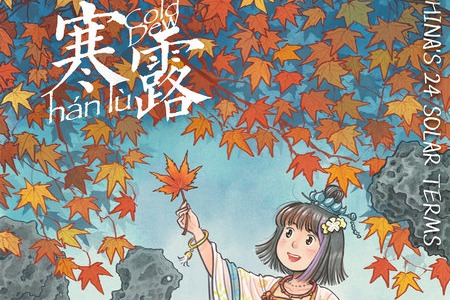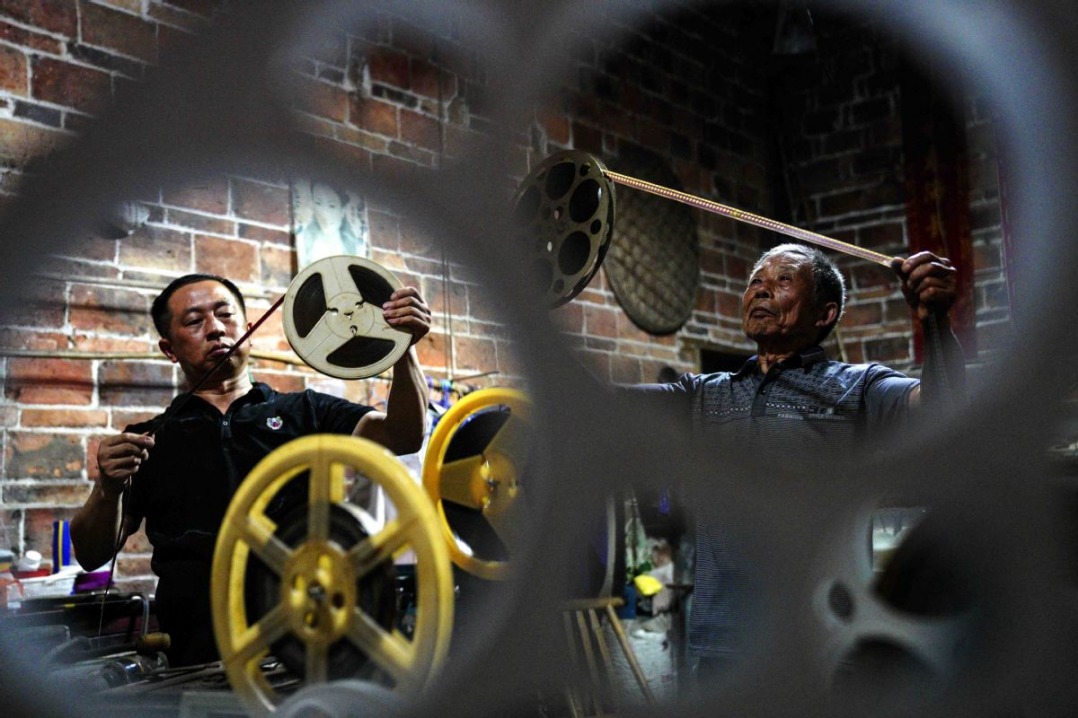Courage under scrutiny cited
By MAY ZHOU in Houston | chinadaily.com.cn | Updated: 2024-10-08 13:39
Four Chinese American scholars were honored recently in Washington with the American Courage Award for their bravery fighting for and proving their innocence after being targeted as national security threats.
On Oct 3, they received the American Courage Award, established in 1997 by the civil rights group Asian Americans Advancing Justice (AAJC). The award honors an individual, company or organization that has shown extraordinary courage or commitment to civil rights.
The four recipients were among a group of professors, scientists and researchers who were targeted by the US government program China Initiative — which was ended in 2022 — based primarily on their ancestry rather than true suspected criminal activity, according to AAJC.
AAJC said the recipients were treated unfairly by the government but they have continued to try to rebuild their careers and rebound from the trauma they have suffered.
"For their extraordinary bravery and perseverance during the darkest times of their lives, we honor them with the American Courage Award," AACJ said in a statement.
The honorees include Gang Chen, an engineering professor at MIT. He was arrested in 2021, accused of being a spy and failing to disclose ties to Chinese institutions, but the charges were later dismissed when the prosecutor's office admitted that it did not have sufficient evidence for a case.
Xiaoxing Xi, a physics professor at Temple University, was among the first targeted before the China Initiative was officially launched by the Trump administration in 2018.
In 2015, the FBI arrested Xi in his home while holding his family at gunpoint. He was accused of sharing confidential technology with China when he was discussing technology that had been public for years.
Anming Hu, an associate professor at the University of Tennessee, was the first academic to face trial under the China Initiative. After his arrest and trial, he was acquitted in September 2021, with the judge saying, "no rational jury could find him guilty".
Franklin Tao, who lost his tenured position at the University of Kansas because of government charges, was investigated by the FBI for espionage based on anonymous tips and arrested in 2019 on unrelated charges. Each charge has been dismissed for lack of evidence.
Xi said in a news release by the Asian American Scholar Forum that the group of American scientists and scholars were "victims of the government's discriminatory policies".
"The only way to prevent this, or even worse, like what the Japanese experienced in World War II, is for everyone to speak up and fight back. This is our right and our obligation," he said.
Chen called the recognition "bittersweet" because "it brings to mind the many scientists who have been wrongfully prosecuted by our government".
Tao called his experience "a significant prosecutorial overreach by the government, driven by racial profiling".
"After a legal battle lasting four to five years, I was fully exonerated in July 2024, with all charges found to be baseless and expunged," Tao said.
An analysis by the civil rights group Race, Racism and the Law showed that of the 148 defendants across 77 cases collected in the FBI database under the China Initiative, 130 were of Chinese heritage. Only 25 percent was convicted, and few of the convictions were related to espionage.
Despite the China Imitative having received wide criticism and the Biden administration ending the program in 2022 — admitting it's not "the right approach to meet the threat in the coming years" said Assistant Attorney General for National Security Matthew Olson — the US Congress is working on legislation to reinstate the program.
"Sadly, some politicians choose to ignore history and disregard the truth, as seen in the current push by the House to relaunch the China Initiative," Chen said. "We must unite and stand against this."
The bill to reinstate the initiative was passed in early September when 25 China-related bills were passed in the House of Representatives in one week, earning the nickname "China Week".
On Oct 1, physics professors Steven Kivelson and Peter Michelson from Stanford University sent an open letter to the four top congressional leaders of both major parties in the two chambers to "strongly oppose" the move.
The two professors cited the 2024 National Academy of Sciences' Consensus Study Report that the influx of international talent has dropped since 2018, indicating that the United States is losing talent.
"The NAS consensus report concluded that the China Initiative was highly problematic, especially in its disproportionate focus on fundamental research in academia," the open letter said.
The two professors urged Congress "not to reinstate the China Initiative or initiatives that resemble it by passage of" new bills.
























